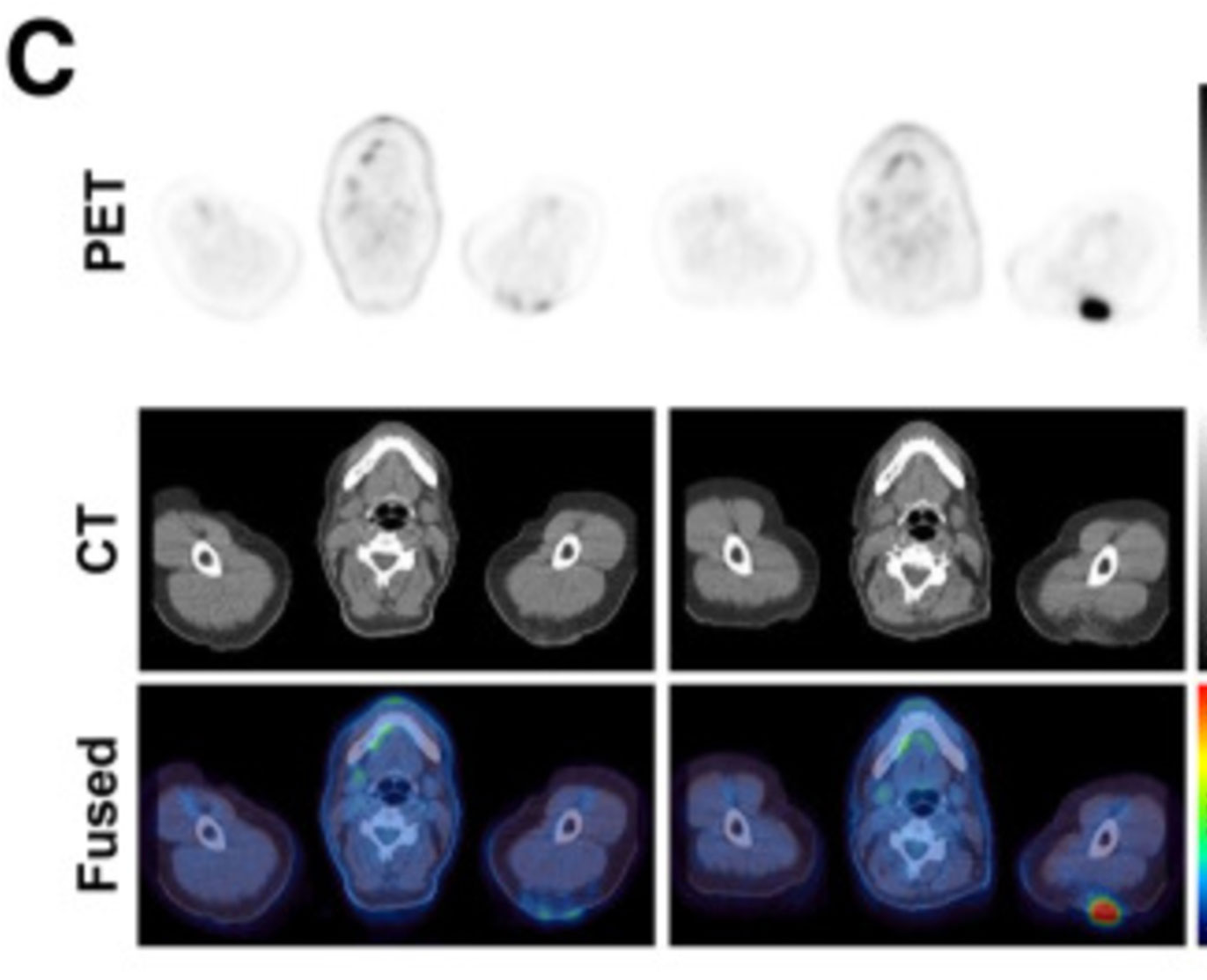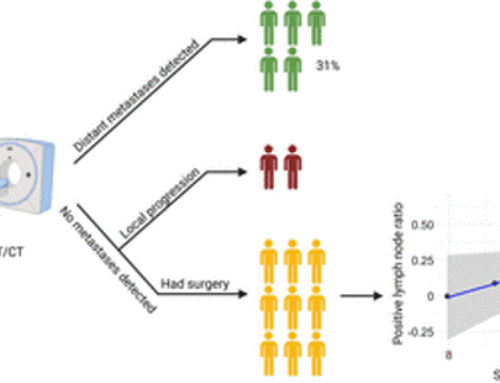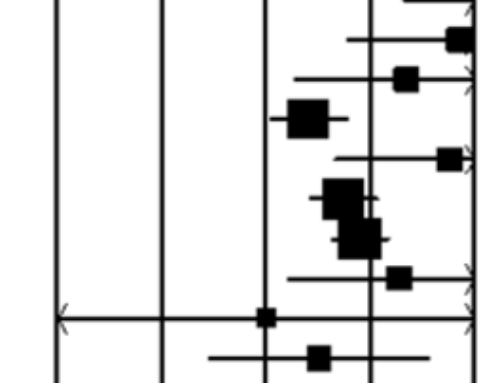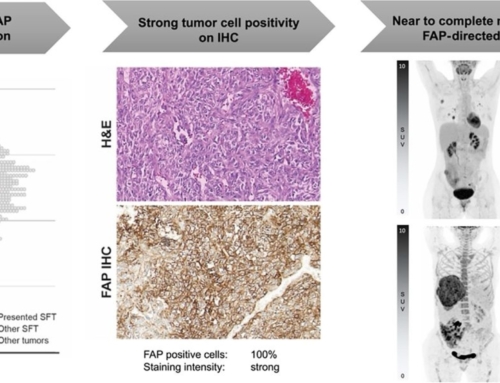Andreas Helisch, Clemens Kratochwil, Christian Kleist, Susanne Krämer, Juan Jose Rosales Castillo, Katharina Dendl, Hendrik Rathke, Isabelle von Goetze, Mathias Schreckenberger, Dirk Jäger, Thomas Lindner, Walter Mier, Frederik Giesel, Uwe Haberkorn, Manuel Röhrich
Abstract:
Radiopharmaceutical therapies (RPTs) based on fibroblast activation protein (FAP) and FAP inhibitors (FAPIs) are a new option for progressive metastatic cancer in patients pretreated multiple times. To date, published in-human data refer to initial experiences with β-emitting 90Y- and 177Lu-based RPT. However, the short tumor retention time of FAPI ligands is considered a major limitation of FAPI RPT. Therefore, fractionated FAPI RPT with 213Bi, an α-emitter with a half-life of 46 min, appears to be a promising FAPI RPT regimen. Here, we report on our initial experiences with regard to the feasibility, tolerability, and response of fractionated 213Bi-FAPI-46 RPT.
Methods: Six patients (4 women and 2 men) with progressive metastatic solid tumors (3 colon cancer, 1 anal cancer, 1 breast cancer, and 1 prostate cancer) aged 16-77 y were treated with a mean of 1,609 MBq of 213Bi-FAPI-46, fractionated into 53 single applications (range, 5-12 RPT applications per patient; mean, 8.8 applications) over a period of up to 107 h per patient. Of the 6 patients, 4 patients received adjuvant treatment with pembrolizumab. 18F-FDG (4 patients) and 68Ga-FAPI-46 (5 patients) PET/CT scans were performed before and after RPT. PET images were assessed visually and by calculating total lesion glycolysis and total lesion FAPI.
Results: RPT with 213Bi-FAPI-46 was well tolerated without adverse side effects. In terms of visual response assessment, there was 1 partial response (16.7%), 1 patient with stable disease (16.7%), and 4 patients with progressive disease (66.7%). Concordantly, total lesion glycolysis and total lesion FAPI were decreased in the responding patient (not applicable and -24.3%, respectively), slightly decreased in the patient with stable disease (-10.6% and -5.9%, respectively), and increased in the 4 patients with progression (mean, +104.4% and +321.3%, respectively).
Conclusion:Fractionated FAPI RPT with the short-half-life α-emitter 213Bi-FAPI-46 is a promising approach that matches the pharmacokinetics of FAPI-46 better than the 177Lu- or 90Y-labeled compounds. In this pilot project, fractionated RPT with 213Bi-FAPI-46 showed good clinical tolerability and even led to regressive or stable disease in the short term in 2 of 6 patients. Further studies with larger patient cohorts are required to evaluate the actual efficacy and long-term effects of this variant of FAPI RPT.


![FAP Expression in Renal Tumors Assessed by [68Ga]Ga-FAPI-46 PET Imaging and FAP Immunohistochemistry: A Case Series of Six Patients](https://sofie.com/wp-content/uploads/2025/12/info.ibamolecular-scaled-500x383.jpg)


![[68Ga]Ga-API-46 PET accuracy for cancer imaging with histopathology validation: a single-centre, single-arm, interventional, phase 2 trial](https://sofie.com/wp-content/uploads/2025/09/image-500x383.png)
